T4K3.news
AGI race deepens
Hype about AGI grows as major firms push ahead with new models and conflicting timelines
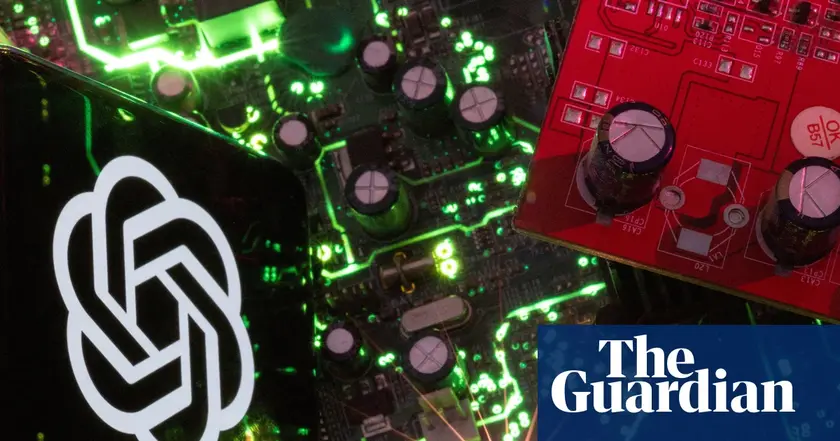
Experts warn that hype around artificial general intelligence may outpace the science as US and Chinese firms push ahead.
AGI race tests hype against science
OpenAI chief executive Sam Altman described GPT-5 as a significant step on the path to AGI, while warning it is missing something quite important such as continuous learning. The remark underscores a broader point: the latest upgrades are impressive but do not yet deliver full autonomous capability or a guaranteed leap to general intelligence.
The competition spans major players including Meta, Google, and Anthropic. Meta’s leader Mark Zuckerberg has claimed that development of superintelligence is now in sight, while Google and Anthropic advance models that push toward more capable AI. The race is also a global one, with large sums being spent on AI today. Industry reports place Alphabet, Meta, Microsoft and Amazon spending near $400 billion this year, and the sector continues to attract big investment and attention as companies chase a future they say could redefine work and value.
Beyond corporate hype, the field is marked by uncertainty about what AGI would require in practice. Analysts note that the term is debated and evolving, and that a narrow definition might be within reach in the next few years. Even without AGI, capitalization in AI is rising fast, with revenue and interest in the technology surging as firms seek practical gains from better reasoning, planning, and multimodal understanding.
Key Takeaways
"significant step on the path to AGI"
Altman on GPT-5’s place in the AGI timeline
"It is missing something quite important, many things quite important"
Altman’s caveat about continuous learning
"development of superintelligence is now in sight"
Zuckerberg on progress toward superintelligence
"The rush to claim 'superintelligence' among the major tech companies reflects more about competitive positioning than actual technical breakthroughs"
David Bader on hype versus real progress
The article highlights a tension between bold ambitions and the lack of a solid theory for AGI. Experts describe AGI as much a thought experiment as a technology, with no agreed model for how a system would achieve human level performance across all tasks. That gap invites risk: hype can distort funding priorities, talent recruitment and regulatory expectations while real-world systems still struggle with reliability and bias.
Yet the piece also notes how funding and corporate strategy can drive progress even without a final blueprint. The competition between the United States and China adds a geopolitical layer, where adoption and scale may decide leadership more than any single breakthrough. In this light, the race becomes not just about science but about how widely a technology is deployed and how governance keeps pace with speed. The next few years will test whether bigger bets produce steadier progress or merely widen the gap between promise and practical use.
Highlights
- We’re chasing a moon we do not know how to reach
- The hype moves faster than the actual breakthroughs
- AGI is a thought experiment dressed as a product
- Global adoption will decide who wins this race
AI race raises budget and policy risks
The article ties rapid spending by US and Chinese firms to a broader political and regulatory landscape. hype could shape investment decisions and public reaction, while policy and security concerns grow as nations compete for advantage.
The real test lies in steady, inclusive progress that can be trusted by users and governed with care.
Enjoyed this? Let your friends know!
Related News
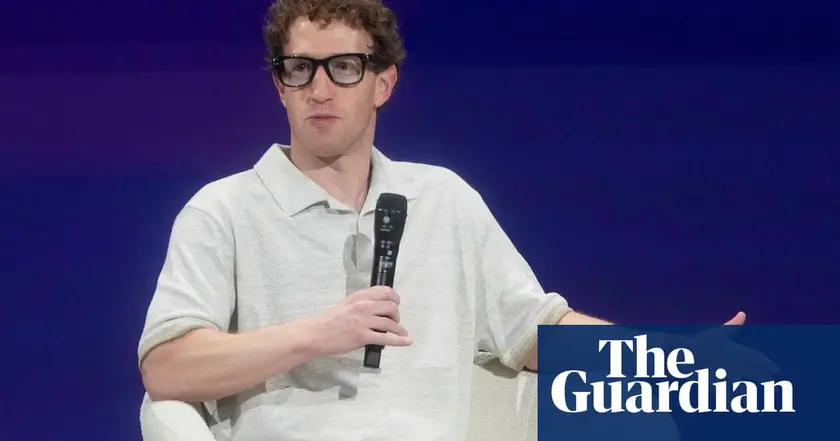
Meta announces $15bn investment in AI
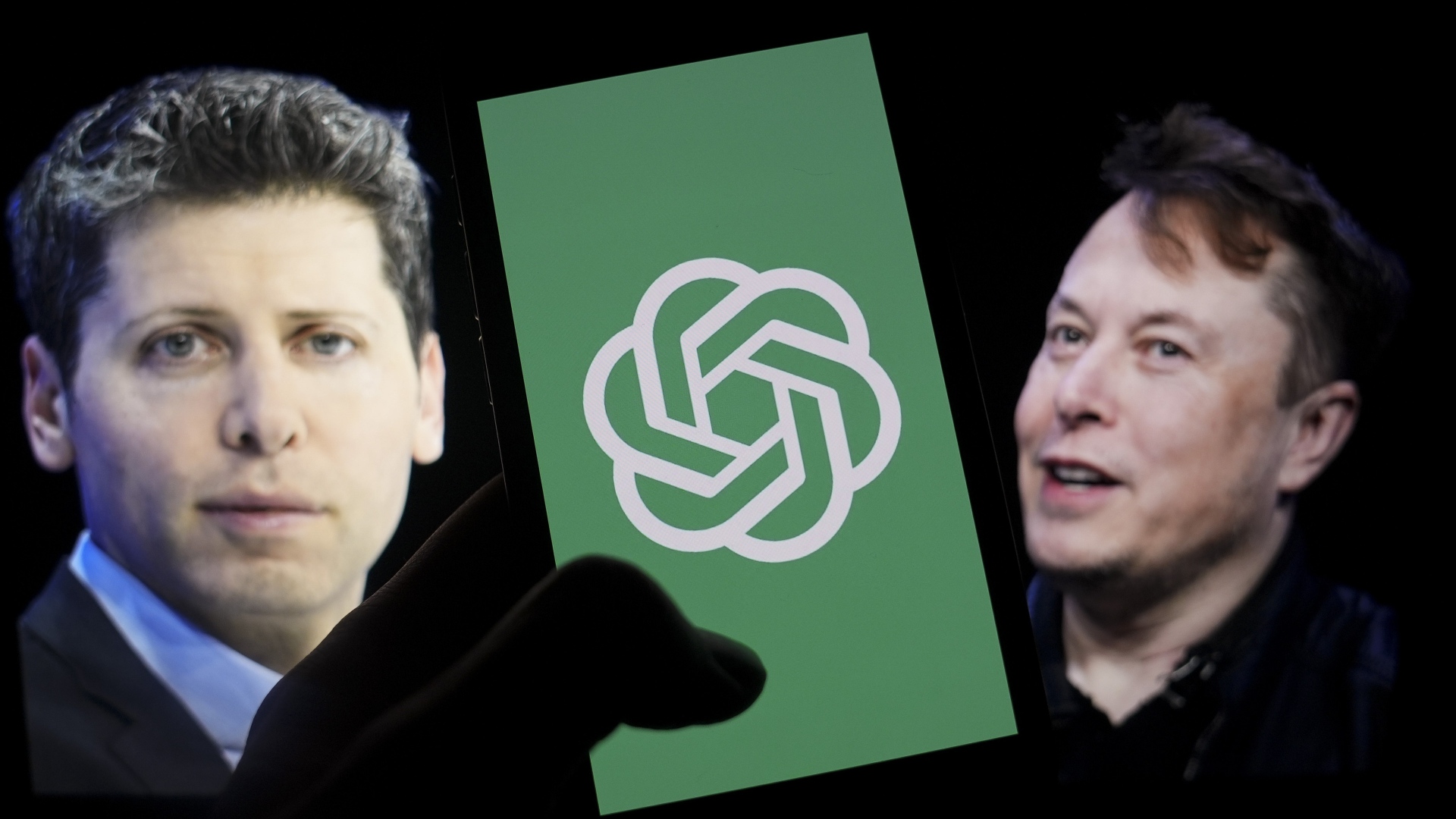
OpenAI's founders contested DeepMind's AGI ambitions
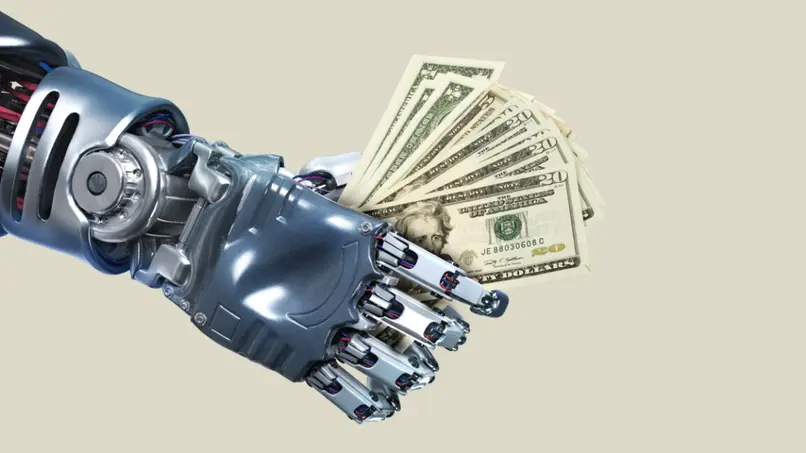
AI Researcher Receives Record $250 Million Salary Offer
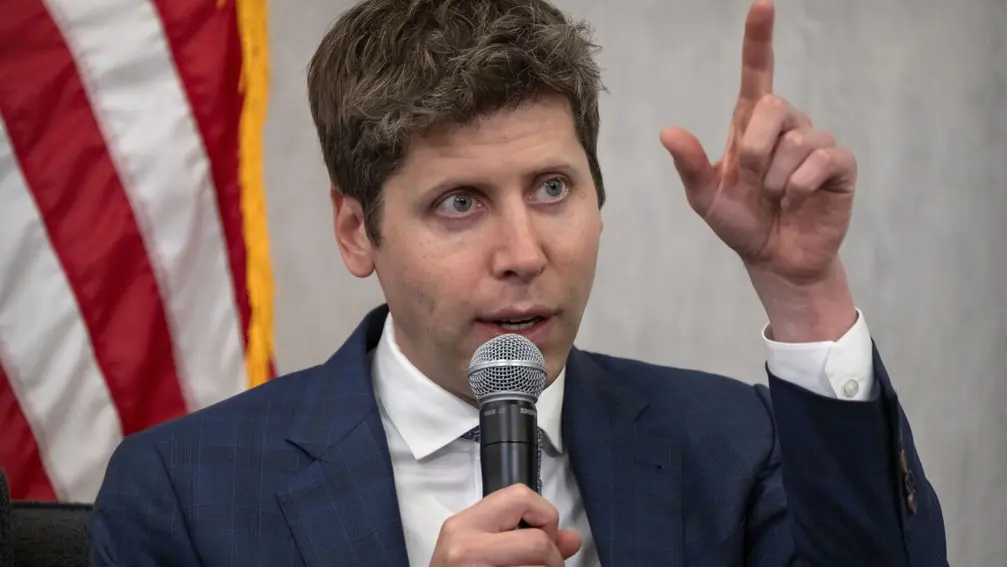
OpenAI launches GPT-5
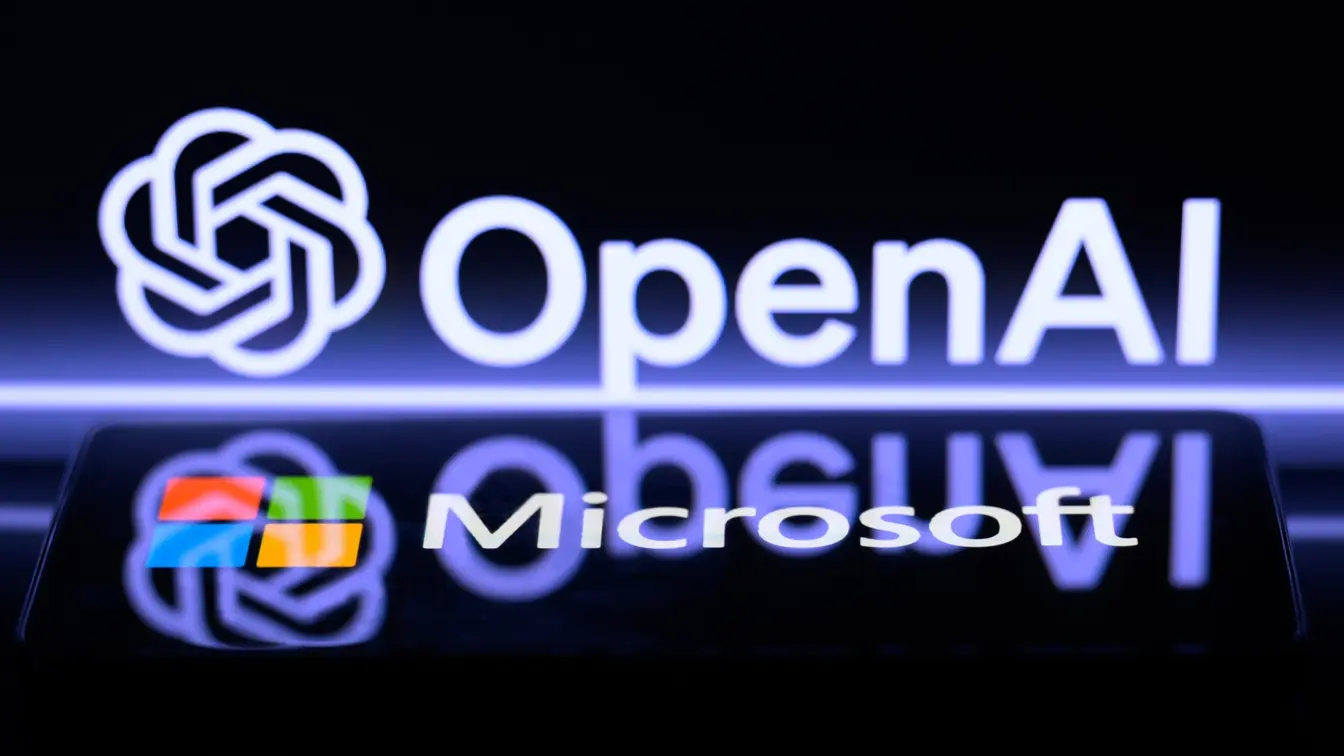
Tensions rise in Microsoft-OpenAI partnership
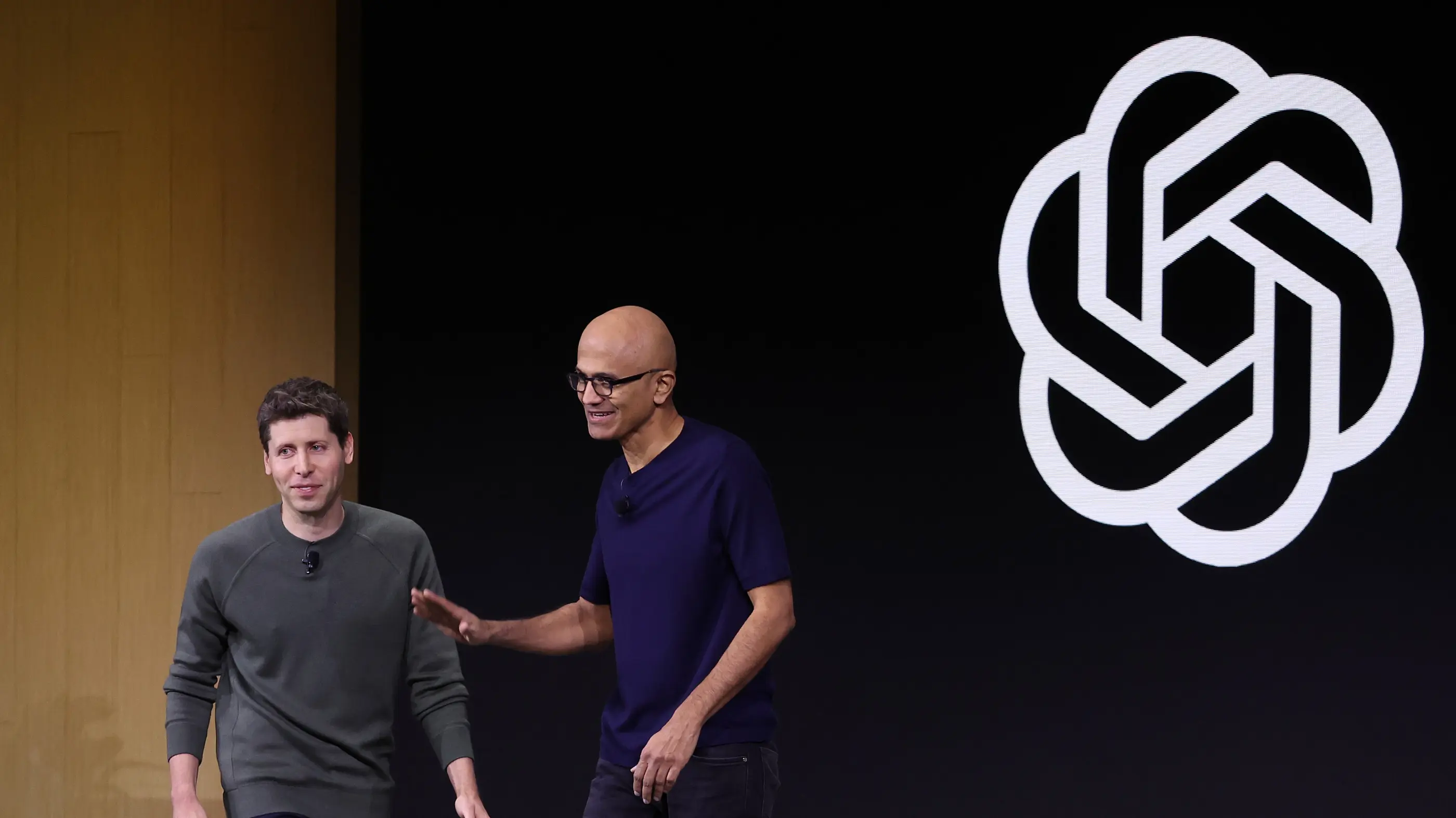
OpenAI is moving towards AGI despite Microsoft concerns

McLaren's Norris wins narrow race against teammate Piastri

Meta attempted to recruit OpenAI talent with $100 million offers
